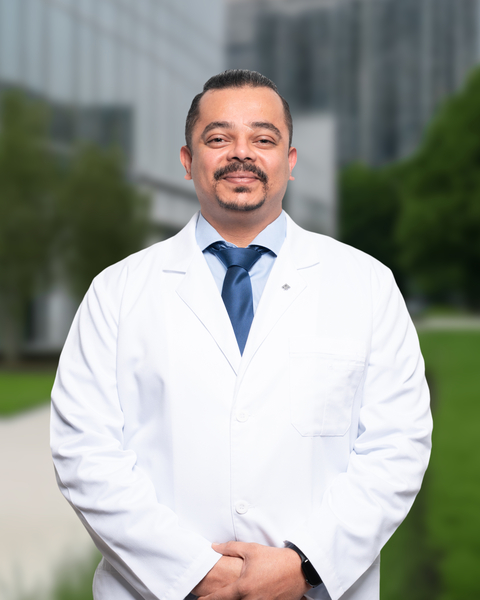 17+ years of exp
17+ years of exp
Languages
English, Hindi, Malayalam, Kannada, Tulu, Konkani, Tagalog and Basic ArabicClinics
HealthHub - Al Qusais

 17+ years of exp
17+ years of exp
HealthHub - Al Qusais